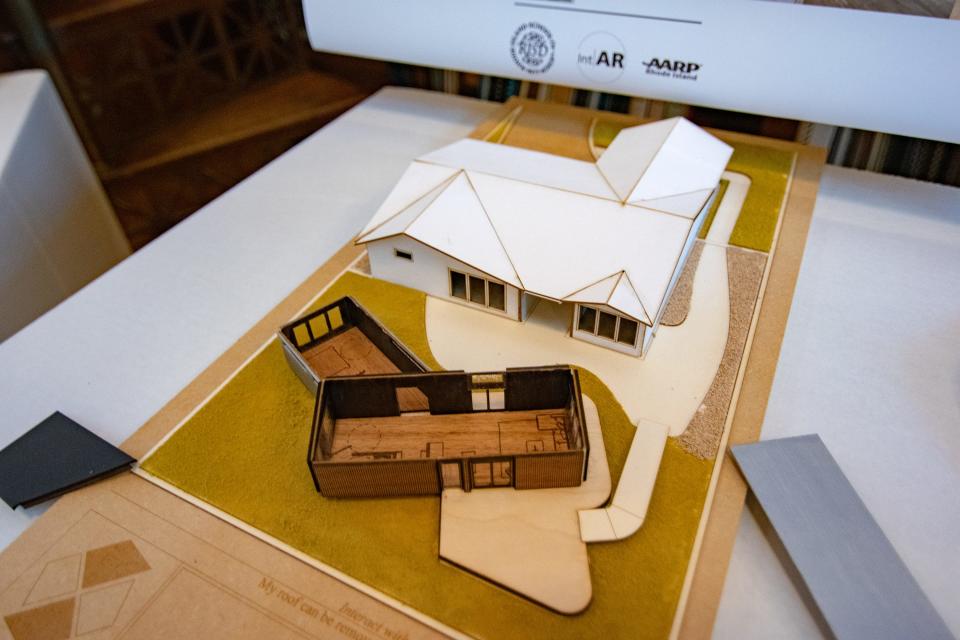'Granny flat' bill passes House, setting up bigger challenge in the Senate
House lawmakers moved again Wednesday to legalize the construction of accessory apartments, or granny flats, in residential neighborhoods throughout the state.
They passed a bill, sponsored by Warren Democratic Rep. June Speakman, that would eliminate the requirement that granny flats be used only by family members of the property owner. The legislation would allow homeowners to add an apartment within their house – without seeking special permission – as long as it is within the footprint of the existing structure.
And on lots of 20,000 square feet or more, homeowners could add a detached accessory unit "by right," or without special permission.

Passage sets up a fight in the Senate
The House vote – 55 to 9 – puts the fate of the bill back in the hands of the Senate, where it died last year. Senate leaders have said they will consider passing an accessory apartments bill, but they expressed concern about new granny flats being too large and "right up to the fence line."
The accessory apartment bill was the only piece of legislation in House Speaker K. Joseph Shekarchi's 14-bill housing affordability package not to pass last year. He made it a top priority this year.
The granny flat bill would block municipalities from requiring dimensional variances for accessory units, or more than one off-street parking space per unit.
In committee testimony last month, the Rhode Island League of Cities and Towns wrote that it "generally supports" the accessory apartment bill, but stressed that it is important to preserve "quality of life" and "include the local voice at the table in these discussions."
'Granny flats' a top priority for AARP
The legalization of granny flats, also known as accessory dwelling units, is a top legislative priority of AARP, which for years has argued they provide seniors convenient, inexpensive places to live near family.
Opposition to the bill came mostly from House Republicans, who have argued that blanket allowance of granny flats infringes on local control and erodes the sanctity of single-family neighborhoods.
House GOP leader Michael Chippendale offered two amendments to the bill that were shot down by the Democratic majority.
One of them would have given property owners even more freedom to add accessory units on their land, allowing them to build detached flats if their occupants were over the age of 65.
Another sought to give local police chiefs the power to require off-street parking for granny flats.
This article originally appeared on The Providence Journal: RI one step closer to legal 'granny flats' but bigger challenge awaits

